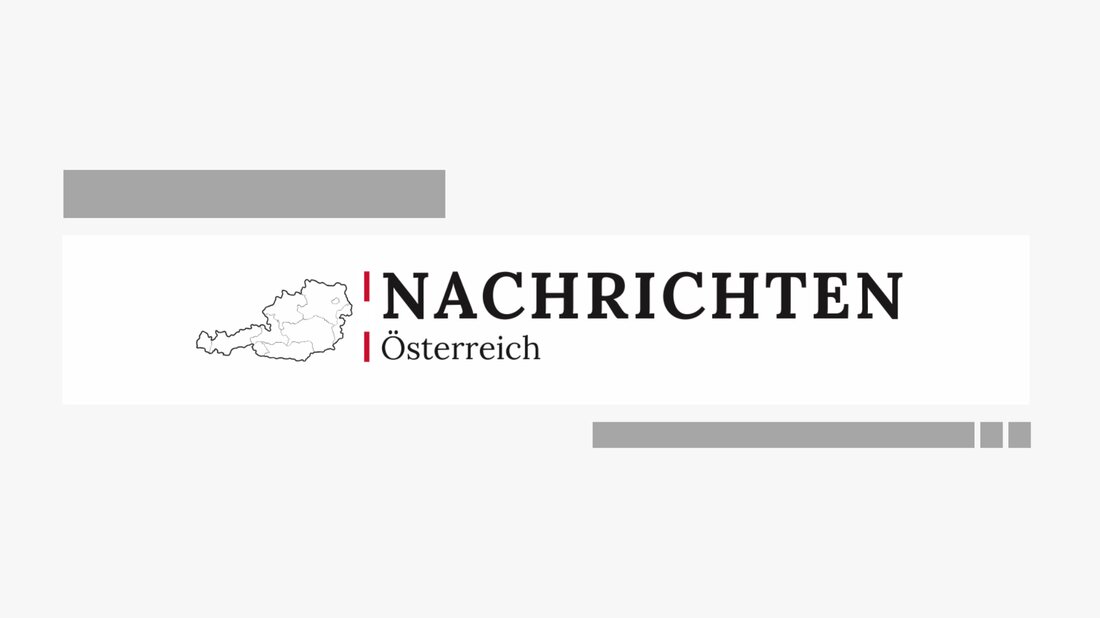EU plans for offshore asylum camps fail after court ruling
Following the ECJ ruling, the EU's plans to deport asylum seekers to offshore centers have fallen into disarray. The security of the countries of origin must now be examined more closely. #Asylumpolicy #EU

EU plans for offshore asylum camps fail after court ruling
European unification faces new challenges, particularly in relation to asylum practices. A recent ruling by the European Court of Justice (ECJ) has significantly set back ambitious plans by some countries to adopt Italy's controversial model of transferring asylum seekers to overseas deportation centers.
ECJ ruling and its effects
On Friday, the ECJ ruled that while Italy can continue to use its facilities in the Albanian towns of Shengjin and Gjader, the conditions for transferring asylum seekers must be subject to stricter scrutiny. The aim is to ensure that asylum seekers are not sent back to dangerous situations in their countries of origin.
What makes a country of origin safe?
The court clarified that a country of origin can only be considered “safe” if it has been subject to “effective judicial review.” It must also be demonstrably safe for all population groups, including vulnerable or marginalized groups.
Impact on future EU asylum regulations
This ruling is expected to have a significant impact on the new EU asylum rules, which are due to come into force next June. These regulations are designed to allow member states to create their own lists of “safe” countries in order to speed up and outsource the asylum process.
Criticism of the list of safe countries of origin
The EU's own list, which is intended to serve as a guide, includes countries such as Bangladesh, Colombia, Egypt, India, Kosovo, Morocco and Tunisia. However, human rights activists warn that these countries are not safe for all residents. According to Amnesty International, countries from which 20% or fewer of applications for international protection are granted are considered safe. However, this ignores the fact that up to 20% of applicants from these countries are recognized as refugees, which calls into question the security situation in these countries.
Violations of human rights
The ECJ ruling is based on the application of two Bangladeshi asylum seekers who were detained in Albania and argued that returning to Bangladesh would be dangerous. This comes at a time when several European countries are showing interest in developing their own deportation programs, similar to the Italian-Albanian model.
Cost and effectiveness of the Italian model
While the partnership, which invests millions in the creation of deportation centers and "return hubs" in a non-EU country, is seen by some states as an example of a successful approach, a recent study by the University of Bari found that the Italian model has so far cost more than 74.2 million euros (about $86 million). The study called the model “the most costly, inhumane and useless instrument in the history of Italian migration policy.”
Criticism from the Italian government
Italian Prime Minister Giorgia Meloni, a member of the far-right party, criticized the ruling as short-sighted and said it weakened efforts to combat massive illegal immigration and protect national borders. She stressed that this development should concern everyone, including the political forces that are pleased with the ruling, as it further restricts the already limited scope for governments and parliaments to regulate and manage migration.
The fate of asylum seekers in Albania
In the Italian deportation centers in Albania, almost a dozen people from countries considered safe, such as Egypt and Bangladesh, are awaiting their future. This shows the urgency of a well-founded and fair migration policy in Europe.

 Suche
Suche
 Mein Konto
Mein Konto
